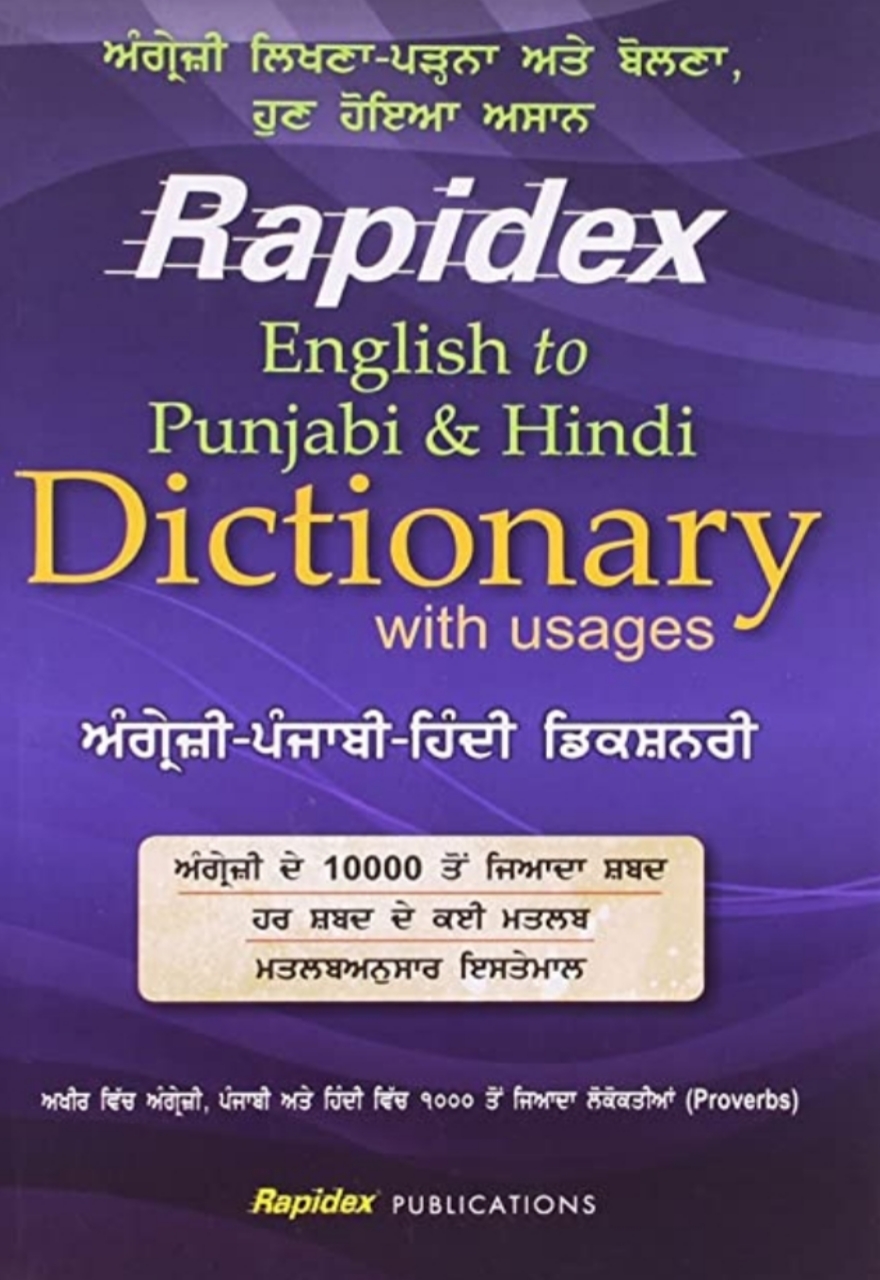

It incorporated many Renaissance-era loans from Latin and Ancient Greek, as well as borrowings from other European languages, including French, German and Dutch. Later changes in pronunciation, however, combined with the adoption of various foreign spellings, mean that the spelling of modern English words appears highly irregular.Įarly Modern English – the language used by William Shakespeare – is dated from around 1500. The system of orthography that was established during the Middle English period is largely still in use today. Middle English was spoken to the late 15th century. As Normans are descendants of Vikings who invaded France, Norman French was influenced by Old Norse, and many Norse loanwords in English came directly from French. Many Norman and French loanwords entered the local language in this period, especially in vocabulary related to the church, the court system and the government. The conquering Normans spoke a Romance langue d'oïl called Old Norman, which in Britain developed into Anglo-Norman. This is regarded as marking the end of the Old English or Anglo-Saxon era, as during this period the English language was heavily influenced by Anglo-Norman, developing into a phase known now as Middle English. The Anglian dialects had a greater influence on Middle English.Īfter the Norman conquest in 1066, Old English was replaced, for a time, by Anglo-Norman (also known as Anglo-Norman French) as the language of the upper classes. A significant subsequent influence on the shaping of Old English came from contact with the North Germanic languages spoken by the Scandinavian Vikings who conquered and colonized parts of Britain during the 8th and 9th centuries, which led to much lexical borrowing and grammatical simplification. The Late West Saxon dialect eventually became dominant. Old English reflected the varied origins of the Anglo-Saxon kingdoms established in different parts of Britain. Their language originated as a group of Ingvaeonic languages which were spoken by the settlers in England and southern and eastern Scotland in the early Middle Ages, displacing the Celtic languages (and, possibly, British Latin) that had previously been dominant.


The Anglo-Saxons settled in the British Isles from the mid-5th century and came to dominate the bulk of southern Great Britain. Timeline showing the history of the English language Part of a series on theĮnglish is a West Germanic language that originated from Ingvaeonic languages brought to Britain in the mid-5th to 7th centuries AD by Anglo-Saxon migrants from what is now northwest Germany, southern Denmark and the Netherlands.


 0 kommentar(er)
0 kommentar(er)
